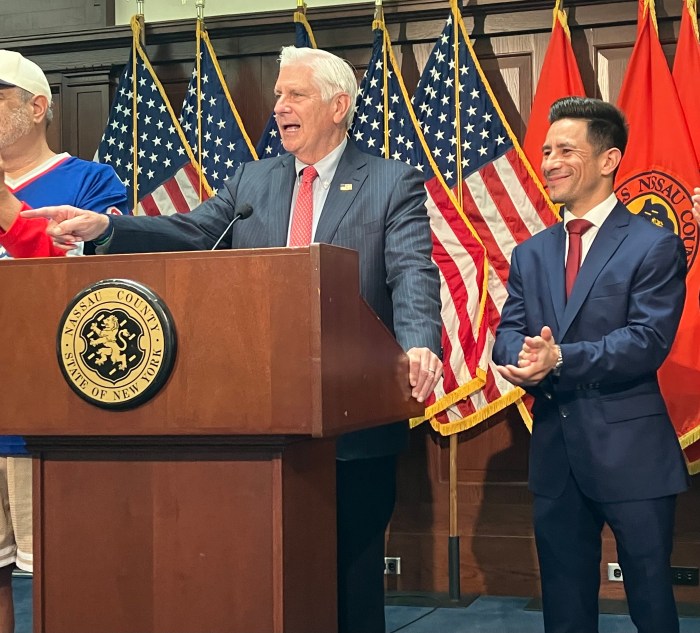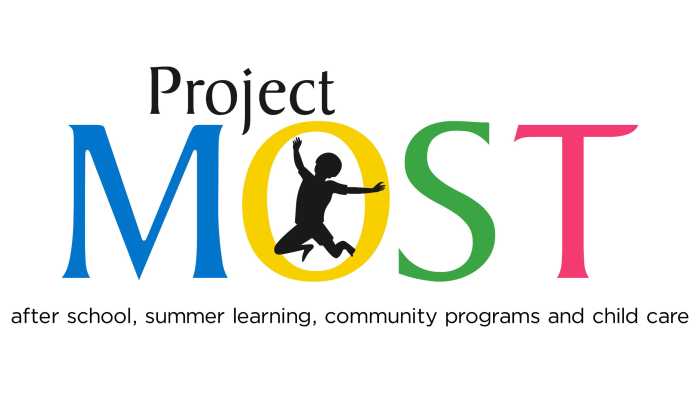“Mommy, help me. How did I get into this? Get me out of this.”
Maria Basmas recalls those heartbreaking words that her son, Christopher, spoke to her while he was in the throes of an addiction to prescription medication, specifically Xanax and Oxycodone. She recalls the painful ordeal that her family went through as her son struggled to do simple tasks that most people can do effortlessly. She recalls the pain she felt as she helplessly watched her son have difficulty walking, speaking, getting out of a shower and holding a spoon. And most painfully, she recalls the awful day last October when her son lost his battle.
While fighting through the pain, Basmas joined with other parents whose children have also battled prescription drug addiction who are demanding tighter controls on the availability of prescription pills. They are calling on New York State lawmakers to pass I-STOP legislation, which would require physicians to check an online database before prescribing prescription pills. It is hoped that by creating a more effective database, it would put an end to the process of “doctor shopping,” in which some obtain prescriptions from multiple physicians to collect a supply of controlled substances to feed an addiction or sell for profit.
“I feel it is very easy for them to get these pills,” said Basmas through tears.
Dr. Jeffrey Reynolds, executive director of the Long Island Council on Alcohol and Drug Dependence (LICADD), expressed frustration at the lack of action in getting the legislation passed. He says that lawmakers called for measures to halt the abuse of prescription medications after the fatal shootings at a Medford pharmacy last Father’s Day and he further added that the New York State attorney general stood with elected officials in LICAAD’s Mineola office in February and said that legislation would be forthcoming. Yet, it has not happened.
“Now it’s May,” said Reynolds. “Mother’s Day is upon us and we still have no legislation. Since they promised initially to do the legislation back in June, [there have been] more than 300 fatal overdoses in Nassau and Suffolk County [and] an untold number of car crashes; kids are run down in the street by drivers who are high on prescription medicine.”
It is hoped that I-STOP would be more effective than the current online database. If enacted, it would require doctors to check an online database to ensure that patients have not received a prescription for a controlled substance from another doctor.
“The message is very clear,” said Reynolds. “Get it done. We’re losing too many lives.”
Saveria, a mother of two children who are recovering from drug addictions, blasted doctors who recklessly prescribe medications to children with no regard for the potential consequences.
“They’re basically writing a death sentence to our children,” she said. “ It’s a crime. Our insurance pays for all this. The insurance, the doctors, I call it one big drug ring. They need to see the look in our kids’ eyes when they write out these prescriptions.”
Bob and Charlene Streppal also have a daughter who is recovering from a drug addiction. Expressing similar sentiments, they also both called for the I-STOP legislation to be passed.
“Our taxes pay for this,” said Charlene. “We need to control the controlled substances.”
According to Reynolds, the legislation hasn’t passed because it is meeting opposition from the medical community. In particular, Reynolds said that some are arguing that requiring physicians to check a database places an additional burden on doctors and takes time away from practicing medicine, claims that Reynolds dismisses.
“My doctor ensures that he gets enough information to ensure he gets paid,” said Reynolds. ‘We’re in the midst of an epidemic.”
Another concern is the right to privacy. The prescription medications, which are being abused and sold for profits, do indeed have legitimate purposes for those with bona fide medical conditions. It has been suggested that creating a database invades the privacy of the many who use controlled substances as intended for authentic medical conditions. Reynolds concurred with this and said that those who struggle with chronic pain should have access to these medications, which improve their quality of life. He emphasized that his organization is not trying to prevent those who legitimately need these medications from getting them legally. Instead, they are focused on the misuse and the diversion of the medication. He further addressed privacy concerns saying that sensitive medical data is already being relayed between medical professionals and insurance companies.
“I would say that there is no more greater threat to privacy with this then through your doctor and your pharmacist ensuring that they’re getting paid from the insurance company,” said Reynolds. “There’s already a ton of information that, for better or for worse, gets transmitted electronically. In the existing database there’s never been a privacy or a security breach.”
“It’s important that we pass I-STOP legislation,” said Linda Mangano, wife of Nassau County Executive Ed Mangano. “No parent should have to bear the heartache of losing a child.”
One such parent is Teri Kroll of Lindenhurst. Her son, Tim, died from an overdose in August of 2009. He had multiple prescriptions for painkillers. Through tears, she recalled the tragic night, almost three years ago, when she waited for her son to emerge from the emergency room, only never to do so. Her tears intensified when she spoke of the anguish of having to enter that emergency room to say goodbye to her son. Kroll said that she is sharing her story and calling on Albany to pass I-STOP in the hope that it will prevent other parents from enduring such a tragedy.
“I’m not the first parent to lose a child to a drug addiction but I would love to be among the last,” she said.
































